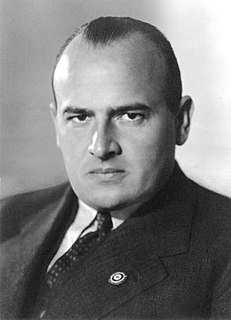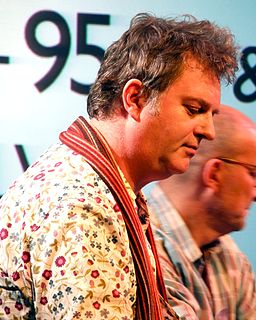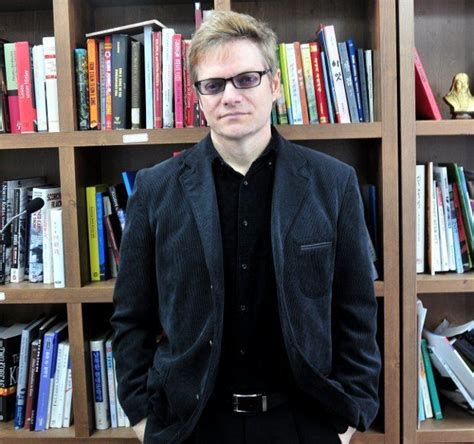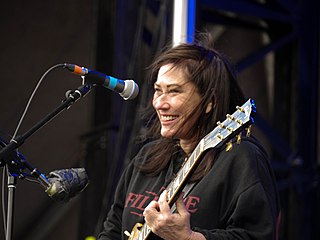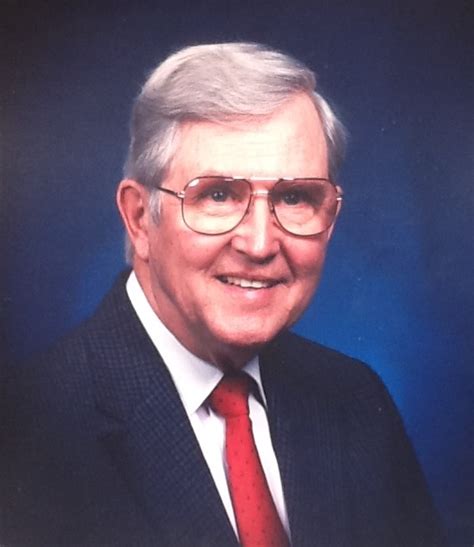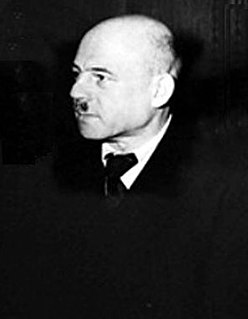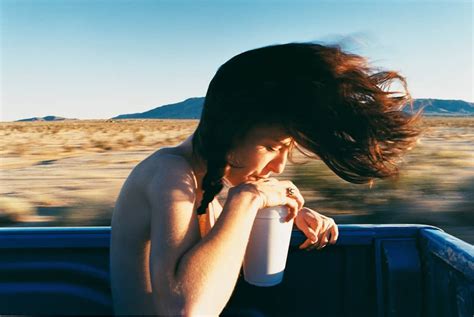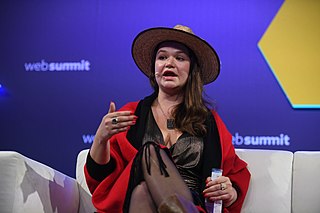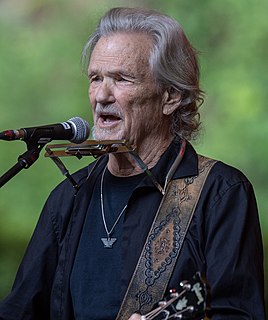A Quote by Kim Young-ha
Handwritten political posters - often composed in an artless and unadorned style, usually just words on plain white paper - were ubiquitous in South Korea in the 1970s and 1980s and were one of the few outlets available for expressing political views. Most posters were anonymous and put up under the cover of night.
Related Quotes
I can tell you a graphic difference. In Prague, for example, big red posters were put up on which could be read that seven Czechs had been shot today. I said to myself: If I put up a poster for every seven Poles shot, the forests of Poland would not be sufficient to manufacture the paper for such posters.
Organizational Development: The New Christian Right of the 1980s was dominated by paper organizations that were essentially the mailing lists of a handful of politicized ministers. Such organizations were better at issuing press releases than doing the hard work of political mobilization and advocacy. By contrast, the movement of the 1990s has generated a plethora of grass-roots organizations that allocate meaningful responsibilities to individual members. The goal is to create an army of grassroots activists who know how to stimulate political change.
Look at the great tradition of Western political philosophy. Those people were all immersed in revolutionary movements. Most weren't career academics - often, they were too radical to be accepted in the academy. Rousseau's books were banned. Jeremy Bentham and John Stuart Mill couldn't hold academic positions because they were atheists.
Virtually all political discourse in the days of my youth was devoted to the ferreting out of hypocrisy... Because they were hypocrites, the Victorians were despised in the late twentieth century. Many of the persons who held such opinions were, of course, guilty of the most nefarious conduct themselves, and yet saw no paradox in holding such views because they were not hypocrites themselves-they took no moral stances and lived by none.

